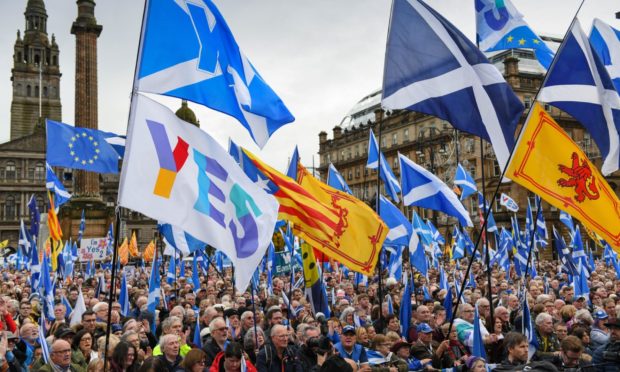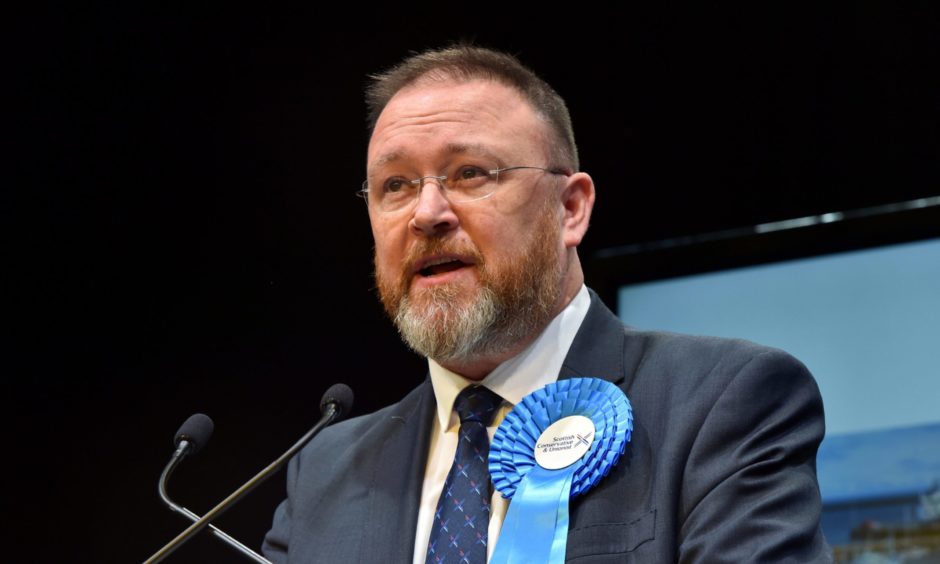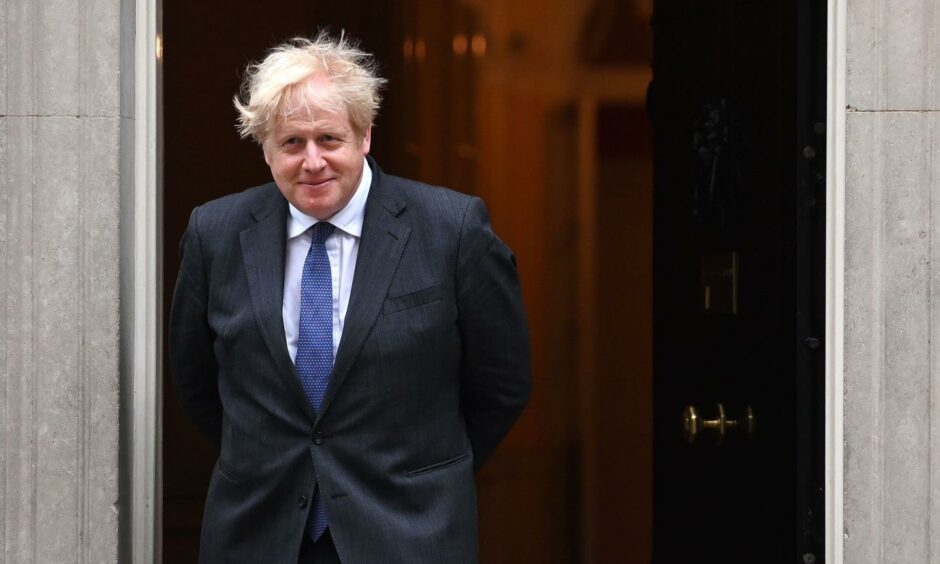Scotland faces a “productivity crisis” following the pandemic if Holyrood remains tied to Westminster, the SNP have claimed.
The party’s businesses spokesman, Stephen Flynn, has argued that Westminster austerity and Brexit have suffocated growth since the 2008 financial crisis and warned that without independence workers and businesses will suffer further.
Scotland Office minister David Duguid acknowledged the need to boost productivity, but said proposing independence as a solution is akin to “complaining about a hole in the bucket while wanting to drill another hole”.
Analysis from the House of Commons library, seen by us, has shown the UK to be “bottom of the league” with the weakest productivity in Europe since 2009.
The analysis, which uses the latest data from the OECD, shows UK GDP per hour worked was £43.97 in 2019, 41% lower than Ireland, which topped the league at £74.88.
UK GDP per hour was also 14% lower than the average of all countries in north west Europe and 28% lower than the average of independent countries of Scotland’s size or smaller.
In cash terms, the Office for National Statistics has said the UK’s failure to maintain productivity growth has cost workers as much as £5,000 in missing income.
Mr Flynn told us: “Damaging austerity cuts and Brexit have made this long-standing problem even worse – and it really matters.
“The UK productivity crisis has slowed economic growth, held businesses back, and cost workers thousands of pounds in lost income by suppressing wages.
“Under Westminster control, real wages have stagnated and in-work poverty has risen to record levels.
“Scotland needs the full powers of independence to turbocharge our economy and boost wages.”
Mr Flynn cited economic data from the likes of Luxembourg, Norway and Ireland as evidence Scotland would be better off outside of the UK.
‘Wish fulfilment’
But economist John McLaren urged caution in making such comparisons.
He said: “Norway, because of the oil, doesn’t work and Ireland, because of the number of big multinational companies setting up there, doesn’t work.
“Using Austria, Denmark, Belgium and countries like that, then, yes, there is something there but what is it? It’s not just because they’re a small country.
“They’ve got higher taxes, they’ve got a different model to the UK, that’s fine, but, then, the SNP aren’t proposing a different model.
“They’re not proposing a high tax, state interventionist model, so it’s kind of a wish fulfilment thing unless you say what you’re going to do.”
Mr McLaren added: “The SNP already have a lot of the powers on the supply side, so in that sense you could argue their policies haven’t worked equally as much as the UK Government’s haven’t worked.
“The bottom line is, yes, productivity has fallen post the financial crisis in pretty much every country, so it’s a universal thing and if anybody knew how to get out of it, they’d do it.”
Independence not the answer
Banff and Buchan MP David Duguid said the SNP’s plan for independence would only weaken productivity further.
He said: “Hours worked and productivity are measured differently in each country so this data has caveats attached.
“Tellingly, the SNP don’t want to speak about the UK’s current favourable position compared with some G7 countries, or the OECD’s forecast of real UK GDP growth being ahead of the Eurozone and G7 next year.
“Scotland benefits massively from the pooling and sharing of resources across the UK, as evidenced by the furlough and jobs support, vaccines programme and billions of pounds extra spent on Scotland since the start of the pandemic.
“That investment has and will continue to buoy Scottish jobs and public services.
“Separation would fundamentally mean starting from a far weaker productivity position.
“Complaining about a hole in the bucket while wanting to drill another hole makes no sense.”
Does the Treasury have a plan?
The promise to “level up” the regions and nations of the UK was a key plank of the Conservative Party election manifesto.
The UK Government said its “Plan for Growth” would drive the economic recovery, create jobs, investment opportunities and ultimately boost productivity.
However, advisory body the Industrial Strategy Council (ISC) criticised the plan for its “centrally controlled funding pots thinly spread across a range of initiatives”, saying international and historical evidence was that this is “unlikely to be a recipe for success”.
At Cabinet on Tuesday Boris Johnson is said to have reaffirmed his commitment to the strategy, which, he said, will create opportunity “in every part of the UK”.
Whether the prime minister’s proposal, or indeed the SNP’s plan for independence, would solve the productivity puzzle remains to be seen.



